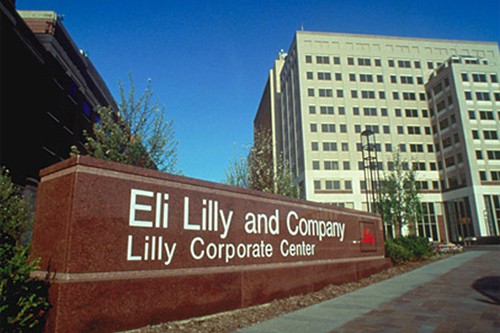
Eli Lilly has decided to discontinue development of insulin peglispro, a drug once considered a potential blockbuster for type 1 and 2 diabetes.
Insulin peglispro has been developed as a rival to Sanofi’s big-selling basal insulin Lantus (insulin glargine), and last year was shown to provide improved glucose control compared to its rival in head-to-head phase III trials.
Earlier this year however the pharma company said it had decided to delay regulatory filings for the drug in the US and Europe to examine changes in liver fat seen in some patients treated in its phase III programme.
After months of negotiation with regulatory authorities and clinical specialists, the company says it has now decided to stop the programme and divert resources to other projects in its R&D pipeline, adding it will take a $55m charge in the fourth quarter as a result.
“We know that moving forward would have required a significant amount of time and investment with no assurance that we would find conclusive answers,” commented Enrique Conterno, president of Lilly’s diabetes division.
“We are disappointed in the outcome … but we have an unprecedented opportunity to build upon the industry’s broadest diabetes portfolio, which includes six new treatments approved since the middle of 2014,” he added.
These include a biosimilar version of Lantus and fixed-dose oral combination Glyxambi (empagliflozin/linagliptin), both partnered with Boehringer Ingelheim, as well as its once-weekly GLP-1 agonist Trulicity (dulaglutide).
The basal insulin market has undergone some fairly big changes with the first Lantus biosimilars now rolling out onto the market. Meanwhile, Novo Nordisk’s rival basal insulin Tresiba (insulin degludec) was approved in the US in October – after two years’ delay – and Sanofi has recently launched long-acting Lantus follow-up Toujeo (insulin glargine).
Analysts have been divided on the commercial prospects for insulin peglispro, with Peak sales estimates ranged from $500m a year to more than $2bn.
Lilly was also forced to abandon development of CETP inhibitor evacetrapib – in development for atherosclerosis – in October after it failed to show efficacy in a pivotal trial.




